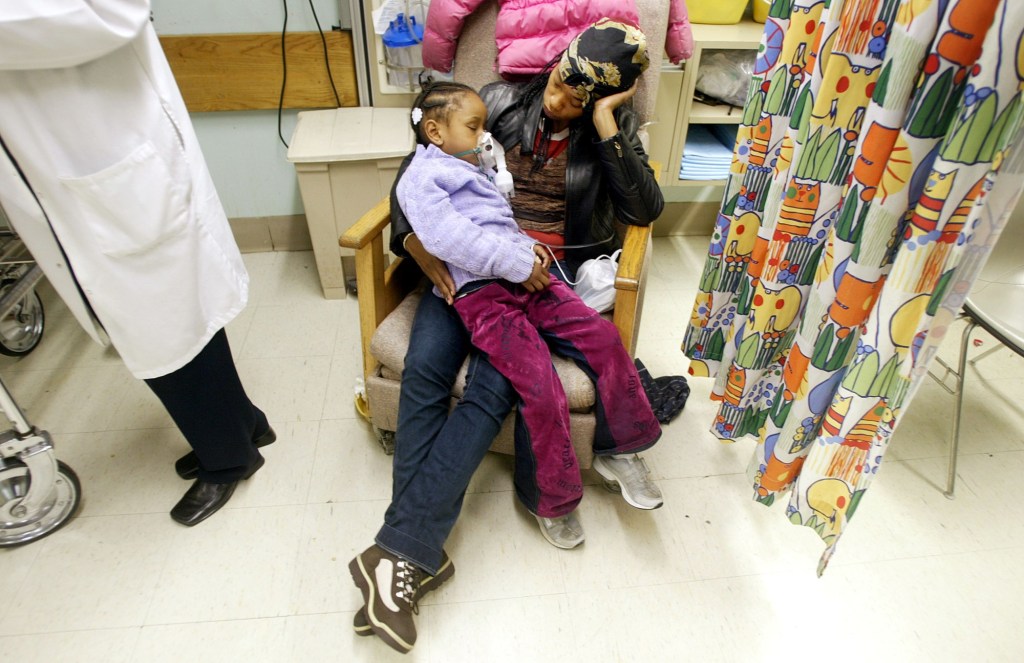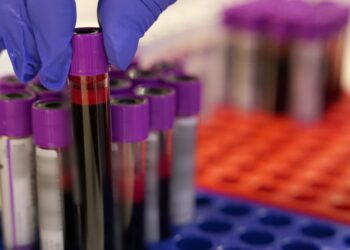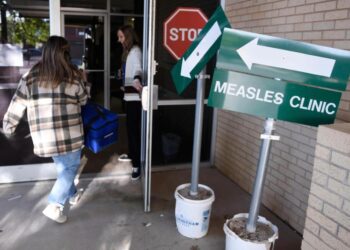By Hanna Webster, Pittsburgh Post-Gazette
Impacting millions of children in the U.S. alone, asthma can be particularly problematic to diagnose with specificity — leaving the majority of kids without treatments that target their subtype of the condition.
Using a new, noninvasive nose swab test, researchers at the University of Pittsburgh have for the first time detected multiple asthma subtypes in children with the condition, which previously could only be recognized through an invasive procedure called a bronchoscopy.
The team’s study, published in the Journal of the American Medical Association on Jan. 2, is also the first to pinpoint genes involved in the various asthma subtypes using the nose swab test.
“Asthma is the most common chronic respiratory disease in children around the world,” said Juan Celedón, a professor of pediatrics at Pitt, division chief of pulmonary medicine at UPMC Children’s Hospital of Pittsburgh and senior author on the paper. “In the U.S., it affects 6 million children, and even though it affects children of all races and ethnicities, Puerto Ricans and Blacks are most heavily affected — not only with regard to the frequency of asthma, but also with the severity of the disease.”
This is true in Allegheny County. A 2022 county health assessment report found that Black kids ages 5 to 17 had asthma at a rate six times higher than white children in 2020.
The findings give clues as to why some people don’t respond to treatment.
Asthma and allergy biologics have become popular approaches, due to their ability to target specific inflammation pathways, as opposed to the general approach of an inhaler. But the treatments don’t work for everyone. The researchers want to expand on the study’s findings to tailor treatments to other asthma patients, similar to how breast cancer treatment became personalized based on subtypes including triple negative and HER2-positive breast cancers.
The first step in identifying the causes of certain…
Read the full article here







